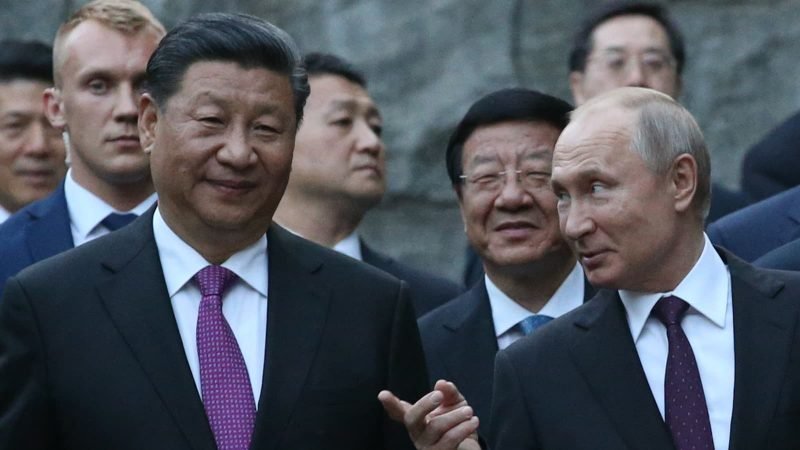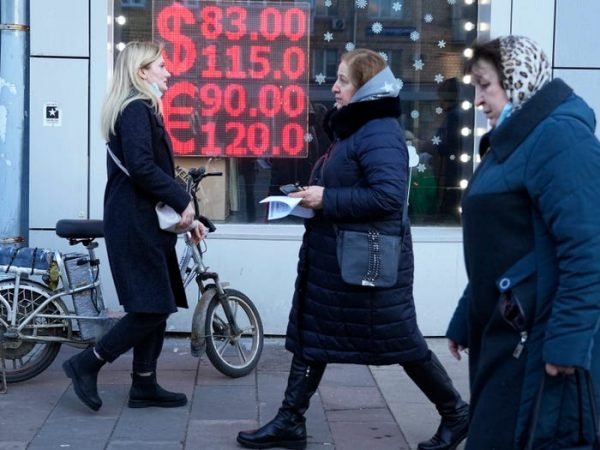With nearly half its reserves frozen, Russia counts on ties with China

Russia said on Sunday that it was counting on China to help it withstand the blow to its economy from Western sanctions, which it said had frozen nearly half of its gold and foreign currency reserves.
“We have part of our gold and foreign exchange reserves in the Chinese currency, in yuan. And we see what pressure is being exerted by Western countries on China in order to limit mutual trade with China. Of course, there is pressure to limit access to those reserves,” Finance Minister Anton Siluanov said.
“But I think that our partnership with China will still allow us to maintain the cooperation that we have achieved, and not only maintain, but also increase it in an environment where Western markets are closing.”

Western countries have imposed unprecedented sanctions on Russia’s corporate and financial system since it invaded Ukraine on Feb. 24 in what it calls a special military operation.
Siluanov’s comments in a TV interview marked the clearest statement yet from Moscow that it will seek help from China to cushion the impact.
The two countries have tightened cooperation in recent times as both have come under strong Western pressure over human rights and a raft of other issues.
Russian President Vladimir Putin and Chinese President Xi Jinping met in Beijing on Feb. 4 and announced a strategic partnership they said was aimed at countering the influence of the United States, describing it as a friendship with no limits.
The sanctions on Russian reserves have become one of the most painful measures for the Russian economy.
A month ago, Siluanov said Russia would be able to withstand sanctions thanks to abundant reserves and was even considering offering Eurobonds to foreign investors once the market volatility subsides.
On Sunday he said the sanctions had frozen around $300 billion out of $640 billion that Russia had in its gold and forex reserves.
Siluanov also said Russia will fulfil its state debt obligations and will pay roubles to its debt holders until the state reserves are unfrozen.


















